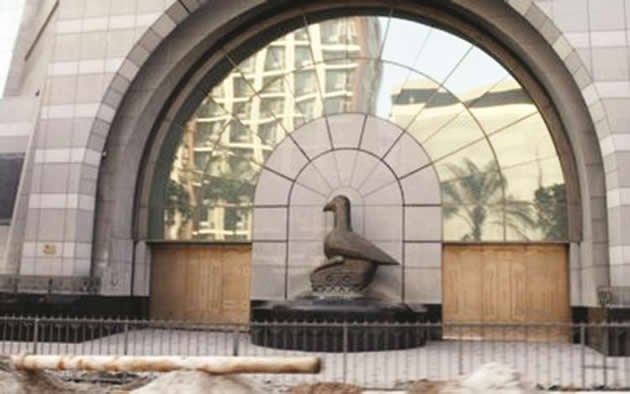RBZ extends amnesty on acquittal of prepayments…$1.47 billion in outstanding payments

Business Reporter—
THE Reserve Bank of Zimbabwe (RBZ) has extended to March, 31, 2015 the amnesty on non-recoverable export receipts and granted absolute amnesty on outstanding import bills prior to December 2013 to allow defaulting firms to clear their balance sheets. The initial 90-day amnesty on import bills expired on December, 31, 2014 but industrialists felt the timeframe was not sufficient and approached RBZ seeking an extension.
The central bank boss, John Mangudya on Wednesday said by December 31 last year only $68,7 million (63 percent) had been exceptionally acquitted from a total of $108 million that was declared non-recoverable under absolute amnesty on non-recoverable overdue export receipts.
“In order to accommodate major exporters with non-recoverable export proceeds that are eligible for absolute amnesty, the period for submission of applications for absolute amnesty has been extended to March 31, 2015,” he said.
“Authorised dealers are required to compliment the generous extension granted by the Reserve Bank by building adequate capacity to ensure that all applications eligible for amnesty are cleared within this period to avoid unnecessary red flagging and fines.”
The Confederation of Zimbabwe Industries (CZI) has since submitted the list of companies requesting extended amnesty on acquittal of prepayments after its leadership engaged Mangudya following the expiry of the December deadline. “Pursuant to CZI president’s meeting with the Reserve Bank on extending amnesty on acquittal of pre-payments as well as the agreed principles for consideration, CZI has submitted a list of its members who wish to be considered for the amnesty,” said CZI in a notice.
In his 2015 monetary policy statement on Wednesday, Mangudya said the central bank was committed to ensuring that export documentation is expediously processed by relevant government agencies to assist businesses.
“The Reserve Bank through exchange control shall ensure that CD1 forms are processed within a day. Exports permits, where required, should similarly be issued on a similar basis to enhance competitiveness and removal of logjam in production,” he said.
Concerning cross-border payments Mangudya said all importers would be required to submit current invoices not more than 14 days to their authorised dealers before any payment could be processed irrespective of the amount involved.
He pledged quick issuance of import permits for the importation of raw materials for manufacturing goods saying such products were necessary to substitute imports.
According to the RBZ the value of the accumulated outstanding import bills of entry for the period February 2009 to June 2014 amounted to around $5.8 billion and by January, 31, 2015 outstanding bills that have not been acquitted stood at $1.8 billion.
Mangudya said starting January 1, 2015 non-acquittal of foreign payments will attract an administrative penalty fee of one percent on the total un-acquitted payments.
“This penalty is necessary as some businesses lacked seriousness in the use and accounting for financial resources,” he added.
Mangudya urged businesses to take advantage of the liberalised exchange control environment and the generous amnesty and avoid “wanton” abuse of systems and procedures.
“The RBZ is with immediate effect, giving absolute amnesty on all import bills of entry not acquitted prior to December 31, 2013. In doing this, the Reserve Bank is trading amnesty for compliance.
“Going forward RBZ is adopting a zero tolerance on export and import documentation requirements,” he said.











Comments